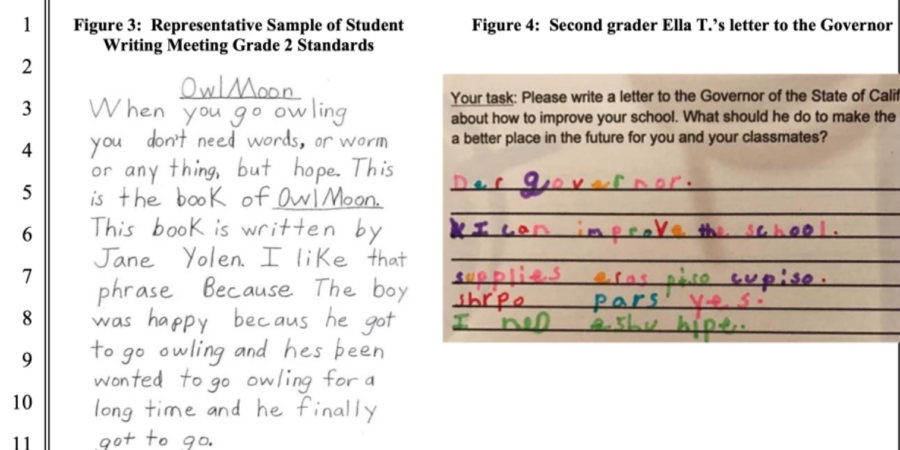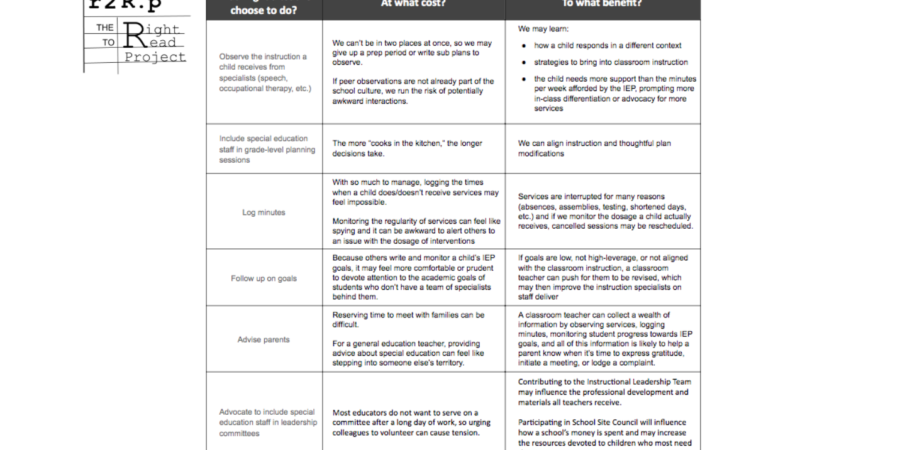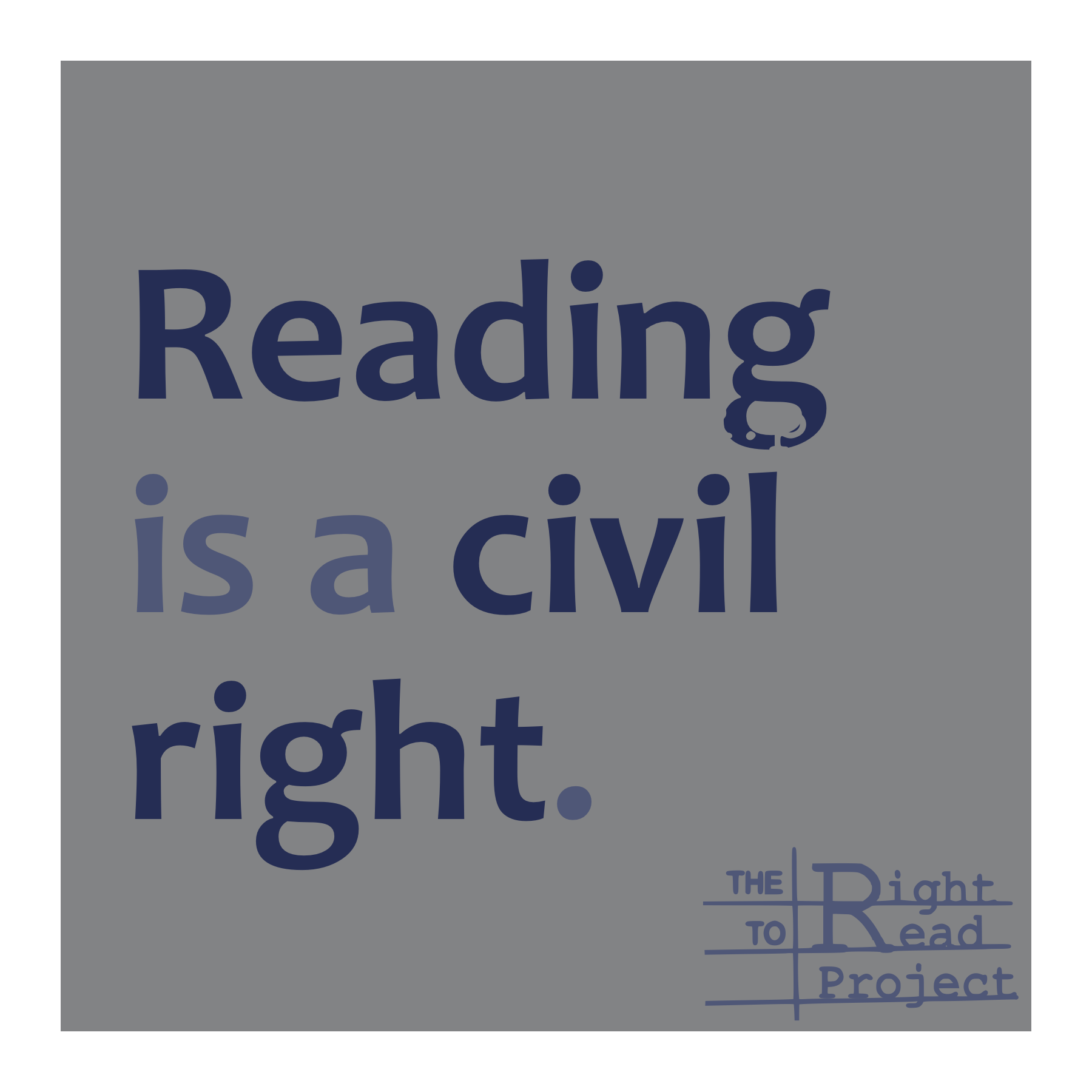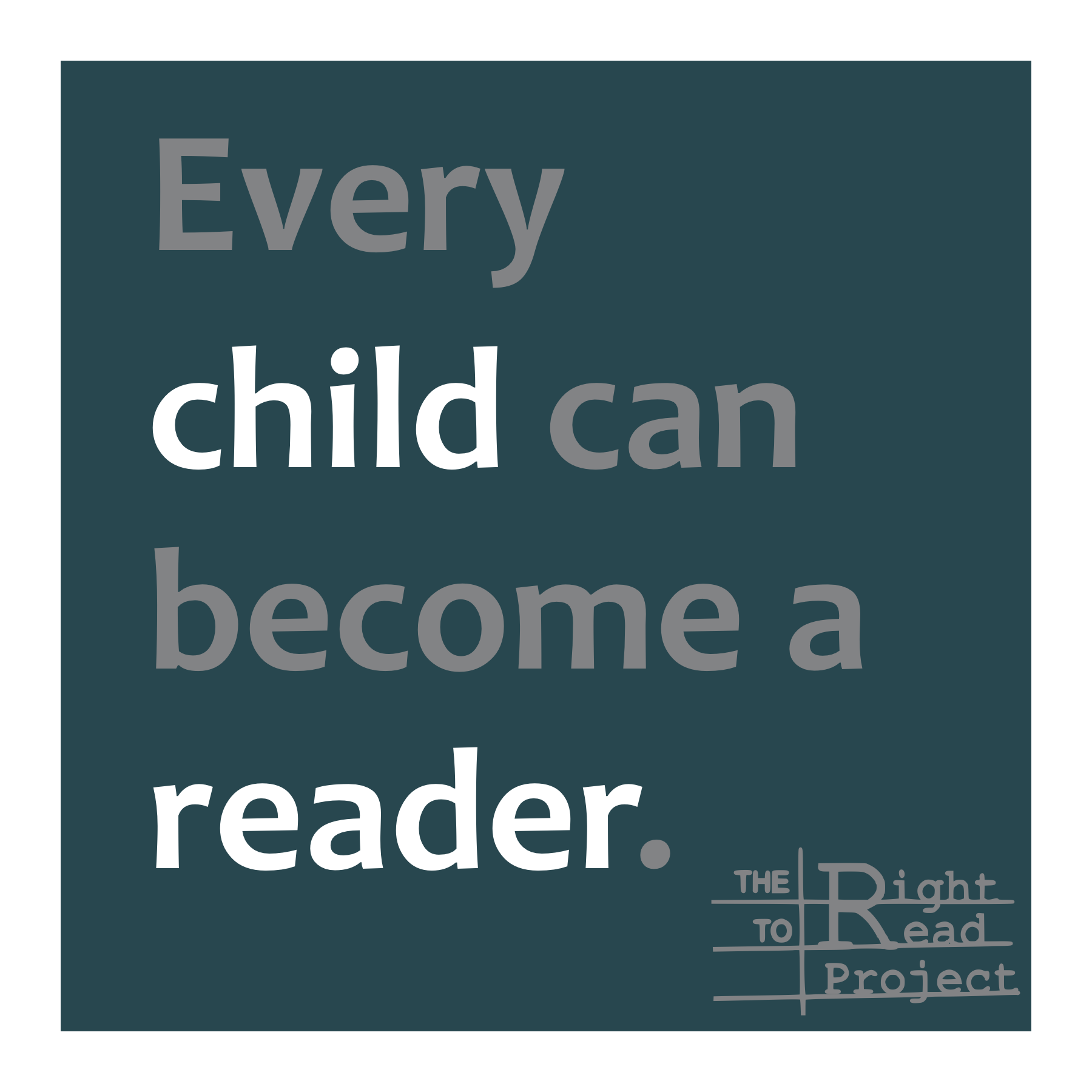Dear Lucy, When I wrote you a letter years ago, I urged you to consider the enormous impact you could have on classrooms, if you were to revise the trainings and materials offered by Teachers College Reading and Writing Project. I highlighted portions of Units of Study: Reading that instruct teachers to have students guess rather than decode words. And I made my letter public because I wanted to help

Getting Reading Right for the Kids Who Sued (and the Others Who Could)
Why didn’t he learn to read when he was in elementary school? We often focus on the child, his behavior, family, or teachers. He has a learning disability. He never sits still. That family just doesn’t prioritize school. He had teachers who just didn’t care. We tend to attribute reading difficulty to a child’s individual problems or to circumstances beyond our control. And we rarely see that many of our
Data: The closest thing we have to a crystal ball
I embraced every possible reason not to take early literacy data seriously: Kindergarteners are too young for testing. How can we trust reading data of kids who have barely been in school? Shouldn’t we wait and see if students will catch up? I don’t even care about these subtests. Screening measures don’t tell me what I really need to know in order to teach. Testing pulls time away from instruction.
What Do I Do with All These Predictable Books?
Many teachers have already reorganized our leveled libraries because we learned that, according to Fountas and Pinnell, “levels have no place in classroom libraries.” Sorting books into bins labeled by theme or topic is time-consuming, but it’s not a difficult task. We immediately see that offering students more choice in their reading materials and teaching them to monitor their own reading for accuracy and comprehension is rewarding. However, books at
Overcoming Learners’ Bias to Give Our Students What They Need
I am a typical teacher, according to all the statistics; I’m white, female, and have between fifteen and twenty years of teaching experience. My students and their families, most of whom are Black and live in households below the poverty line, don’t see themselves reflected in my appearance or speech, and navigating these differences can be difficult. There are resources designed to help teachers curate texts and develop lesson plans
What Should We Do When a Reader Stumbles on a Word?
There’s a lot of bad advice out there for what to do when a reader comes to an unfamiliar word. While the exact language of problematic cues varies – Take a guess and sail on by! Skip the word and then reread. Use your eagle eye to look at the picture. – the premise of all these prompts is the same; they encourage young readers to use meaning or syntax
Predictable Books: Purpose-written for Guessing
The Good: Toddlers and preschoolers adore picture books with predictable language because they can emulate reading without needing to decode. Young children love Brown, Bear Brown Bear, What Do You See? and I Went Walking and Silly Sally because the repeating sentence patterns and big, bold, colorful illustrations allow them to confidently “read” the books by memorizing the patterns and looking at the pictures. Predictable books pique children’s interest in
Teacher: Advocate, Bystander, or Adversary?
A GUIDE TO READING ADVOCACY, PART 3 (Click here to read Part 2.) How can you get a school to change the way it’s teaching your child? The way you express concerns about reading instruction at your child’s school may very well determine how well those concerns are addressed by school staff. The forum you choose, the staff members you involve, the tone you use, and the priorities you convey,
Is My Child’s School Getting Reading Right? What to ask. What to look for.
A GUIDE TO READING ADVOCACY, PART 2 (Click here to read Part 3.) Is my child getting good reading instruction at school? Families need an answer to this question, because children who don’t learn to read well in first and second grade are unlikely to catch up later. And there can be lifelong repercussions. As one parent said at a school board meeting: “Again and again, we are hearing that

Connecting the Mainstream Classroom & Special Education
A GUIDE TO READING ADVOCACY, PART 1 (Click here to read Part 2.) A parent might assume, after seeing the special education teacher, specialists, classroom teacher, and principal gathered in the same room to discuss the progress of a single child, that collaboration is focused and ongoing. In truth, the team may not have the opportunity to reconvene until the next legally-required SST or IEP meeting. Many parents are unaware








